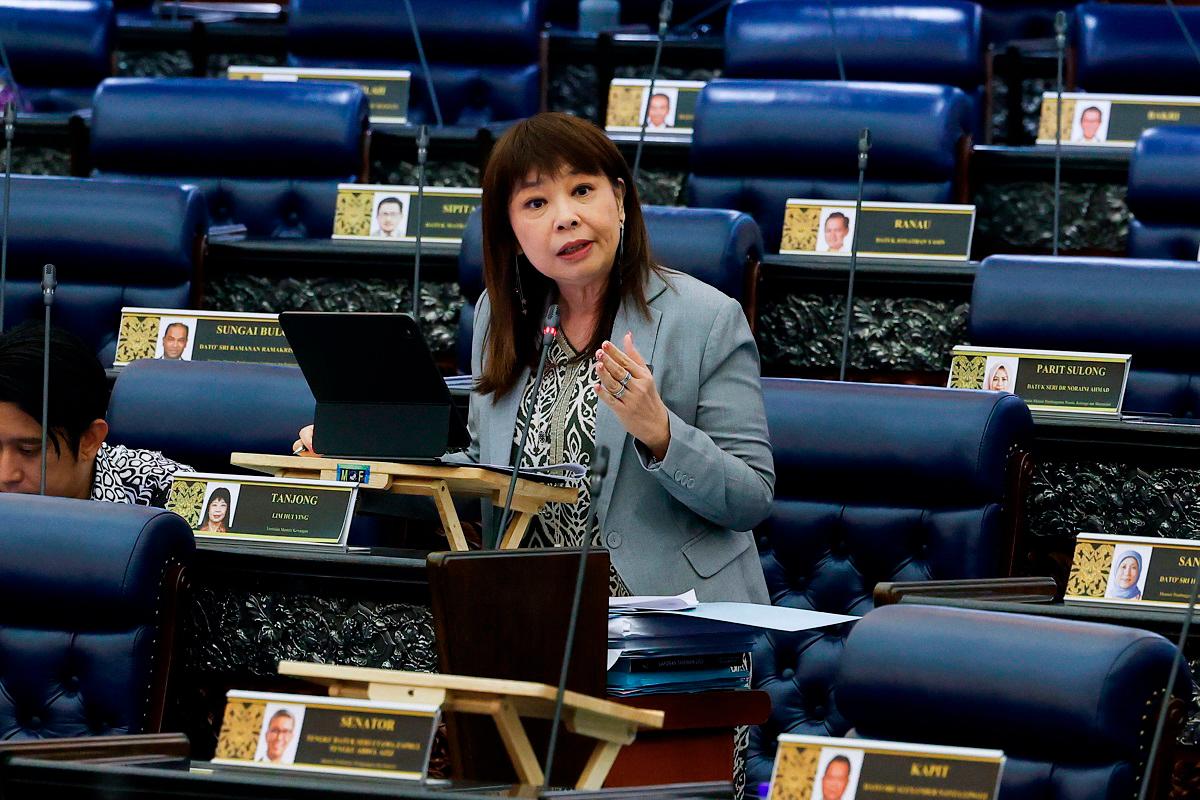PETALING JAYA: Malaysians are increasingly turning to Buy Now Pay Later (BNPL) services, with over 102 million transactions valued at RM9.3 billion recorded in the first half of this year — a 31% rise compared to the latter half of 2024.
During the Minister’s Question Time in the Dewan Rakyat, today Finance Deputy Minister Lim Hui Ying (pic) said young consumers aged 30 and below accounted for 40% of all BNPL transactions, highlighting the popularity of this payment method among the youth.
“As of June 30, the outstanding balance under BNPL schemes stood at RM3.8 billion, making up 0.2% of Malaysia’s total household debt.
“The amount of overdue or unpaid BNPL balances remains manageable at RM121.8 million, or 3.2% of the total BNPL outstanding balance,” she added.
“The number of active BNPL account holders in the country also rose to 6.5 million. Of these, 168,967 account holders (2.6%) had overdue balances,” she said.
Lim said a 2024 survey by the Consumer Credit Oversight Board Task Force (CCOBTF), which involved 21,070 active BNPL users, found that most BNPL consumers generally show good financial discipline. It revealed that 88% made all payments on time, 12% paid late but settled in full, and less than 0.5% were unable to make full repayment.
“Stronger regulation is on the way, with the upcoming Consumer Credit Act 2025 (CCA) set to introduce a comprehensive and integrated framework to oversee credit providers and non-bank credit service providers, including BNPL schemes. Under the Act, BNPL providers will be required to follow responsible lending practices, such as conducting affordability assessments before granting credit, ensuring fair contract terms, imposing transparent and reasonable fees, and adhering to ethical debt collection practices,” she said.
Lim emphasised that the affordability assessment is a critical requirement to ensure that borrowers, especially younger users, can repay loans without experiencing severe financial stress or falling into a debt trap. “Simultaneously, the government continues to stress the importance of financial literacy, encouraging Malaysians to manage their finances responsibly and understand the risks of overusing BNPL to avoid falling into unsustainable debt,” she added.









